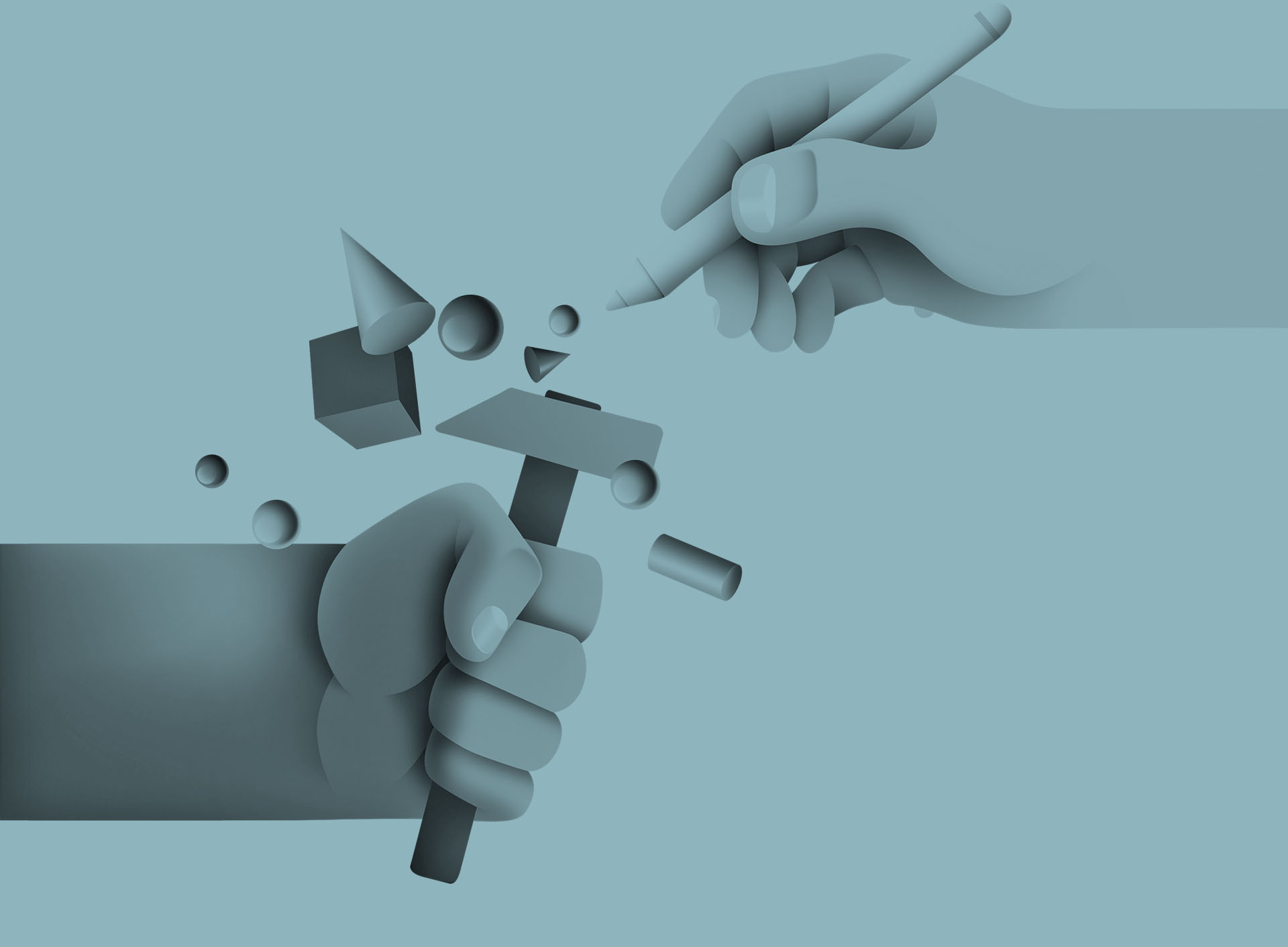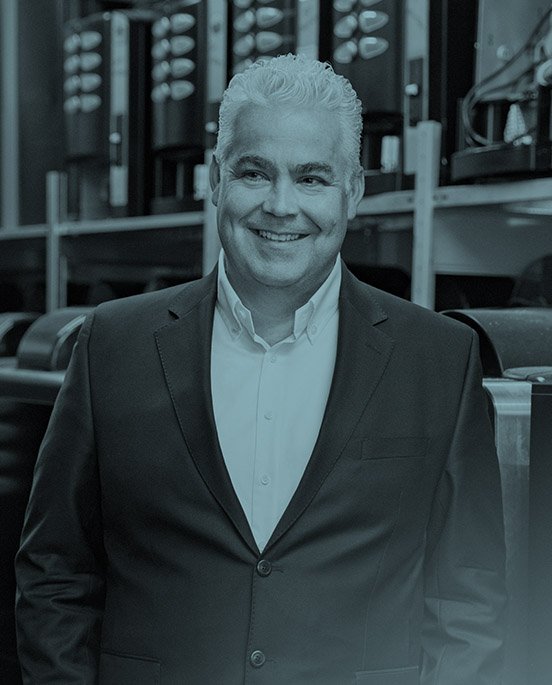statements #4 #5 — crisis management
Crisis management was top of the agenda for many companies in the past fiscal year. Which measures proved particularly successful?
Martin Sesjak of Coffee at Work and Marco Gottschalk of Melitta Professional Coffee Solutions explain the difficult decisions they faced – and how they felt about taking them.
Marco Gottschalk I doubt that anyone in the world was really prepared for the pandemic. The developments were simply too fast and too unpredictable. It is therefore much more important to always be open for the unexpected and to develop a feeling for where you can observe developing trends – and for when you need to react swiftly. You also have to accept that you simply cannot forecast developments or know what to expect the day after tomorrow.
Managing staff under these conditions presents a particular challenge, as each employee experiences the situation from a different perspective. This is particularly true when employees work at different locations. In order to get a better feel for the situation, I found it helpful last year to first reflect on my own experience of the current situation.
I then tried to deduce how staff are probably also feeling and what support they might need. It is extremely important to give employees a sense of security and convey the message that – whatever happens – we are all doing our outmost to achieve the best possible result in these difficult times.
Having the necessary confidence to do this is relatively easy if you have a solid and future-safe business model. We are all convinced that once the pandemic is over, society will return to normal – and the out-of-home sector will therefore pick up again. Naturally, we are also well prepared for this moment, as we used the past few months to refine and further improve our offerings, structures, and processes.

Martin Sesjak Our business model has been severely affected by the pandemic. The lockdowns brought our growth strategy to a standstill, and our sales team was unable to make appointments for months. It was therefore essential for us to react quickly and make adjustments in order to cushion the impact. At the same time, we had to put the majority of our workforce on shorttime work. Only by taking these measures, and maintaining a high degree of cost discipline, were we able to close the past year with a healthy profit. For our staff, the coronavirus crisis is not only a threat to their physical health, but also to their mental health as they face concerns about their professional future. I have the greatest sympathy for this uncertainty, as no one can say for sure how long this situation will last. As an entrepreneur, this lack of planning certainty and inability to offer any kind of perspective is deeply painful. You can only try to communicate with everyone as comprehensively and as reliably as possible.
Being part of a larger group of companies provides a measure of security. Within the diversified Melitta Group, the more crisis-proof operating divisions can compensate for sales slumps in other divisions. Not only that, but we are currently experiencing how intact and resilient our corporate culture is. The fact that Melitta is a family-owned company also makes us more confident that we can successfully weather a severe and prolonged crisis such as the one we are currently experiencing. This is because family businesses think more long-term and are more resilient as a rule. As a member of such a group, we are therefore optimistic about the future and looking forward to hitting the ground running very soon with our new “fresh at work” brand. For the future, we will all have to consider the possibility of further pandemics or similar events happening again. However, it is impossible to prepare for such events in detail. What is possible, and important, is to strengthen our professional and private networks and relationships with regard to employees, customers, and suppliers. After all, stable relationships are essential in crisis situations – as the coronavirus pandemic has very clearly demonstrated.


